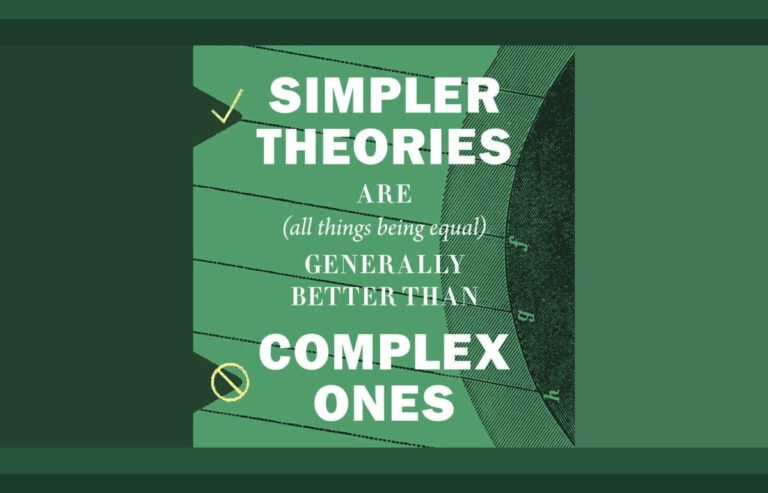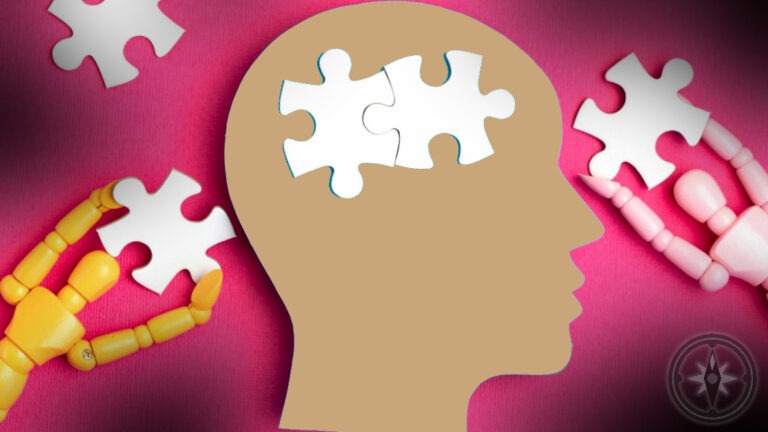Unlocking the Foundations of Critical Thinking
In the pursuit of understanding and knowledge, two foundational concepts often emerge at the forefront of philosophical and intellectual discussions: reason and logic. With the TST Framework, reason along with logic is one of the Five Thought Tools and logical fallacies, errors in reason or logic, is one of the Four Mind Traps. While reason and logic intertwine, and sometimes used interchangeably, they serve distinct roles in the way we process information, form beliefs, and navigate the complexities of the world around us. This article delves into the nuances that distinguish reason from logic, setting the stage for a deeper exploration of human thought and reasoning processes.
The Essence of Reason
At its core, reason is the capacity for consciously making sense of things, applying logic, and establishing and verifying facts. It’s a comprehensive faculty not limited to deductive thinking but encompassing a wide range of cognitive processes, including analysis, evaluation, and synthesis of information. Reason allows individuals to draw inferences, make decisions, solve problems, and engage in critical thinking. It’s inherently linked to the quest for understanding and the ability to reflect on one’s beliefs and actions.
Reason operates on a broad spectrum, influencing how we interpret experiences, navigate moral dilemmas, and construct arguments. It’s the bedrock of philosophical inquiry, guiding ethical judgments and fostering the development of beliefs based on evidence and rationality rather than impulse or authority.

Weekly Wisdom Builder
Got 4 minutes a week?
A new 4-minute thought-provoking session lands here every Sunday at 3PM, emailed on Mondays, and shared throughout the week.
Exactly what the world needs RIGHT NOW!
The Discipline of Logic
Logic, on the other hand, is more narrowly defined as the formal systematic study of the principles of valid inference and correct reasoning. It’s the structural framework within which reasoning operates, providing rules and methodologies to distinguish sound arguments from fallacious ones. Logic is concerned with the form of arguments, ensuring that conclusions follow necessarily from premises according to strict principles.
There are several types of logic, including deductive, inductive, and abductive, each with its own set of rules for deriving conclusions from given information. Deductive logic seeks to produce definitive conclusions based on premises, while inductive logic involves drawing generalized conclusions from specific observations. Abductive logic, or inference to the best explanation, involves formulating hypotheses that best explain the available evidence.
Interplay Between Reason and Logic
While logic provides the rules and structures for valid reasoning, reason is the cognitive force that employs these tools to engage with and make sense of the world. The relationship between reason and logic is symbiotic; logic sharpens the mind’s reasoning abilities, while reason applies logical principles to real-world situations, philosophical inquiry, and moral decision-making.
Understanding the distinction and interconnection between reason and logic is crucial for effective critical thinking and rational discourse. It allows individuals to construct coherent arguments, evaluate the claims of others critically, and cultivate a reflective and informed worldview.
Reason and logic are cornerstones of human thought, each playing a unique role in our quest for knowledge and understanding. Reason is the broader faculty that encompasses our ability to think, analyze, and make judgments, while logic is the discipline that outlines the rules of sound reasoning. Together, they form the basis of rational inquiry, enabling us to navigate the complexities of the world with clarity and precision.
— map / TST —
Further Reading:
- Types of Reasoning: Deductive, Inductive, and Abductive – For those interested in diving deeper into the intricacies of human reasoning.
- Logical Fallacies Overview – Further exploration into how we draw conclusions and the common pitfalls encountered in reasoning processes.















